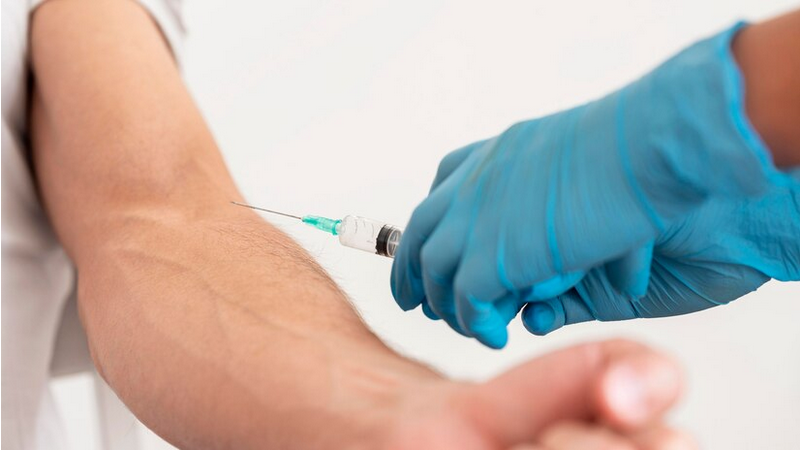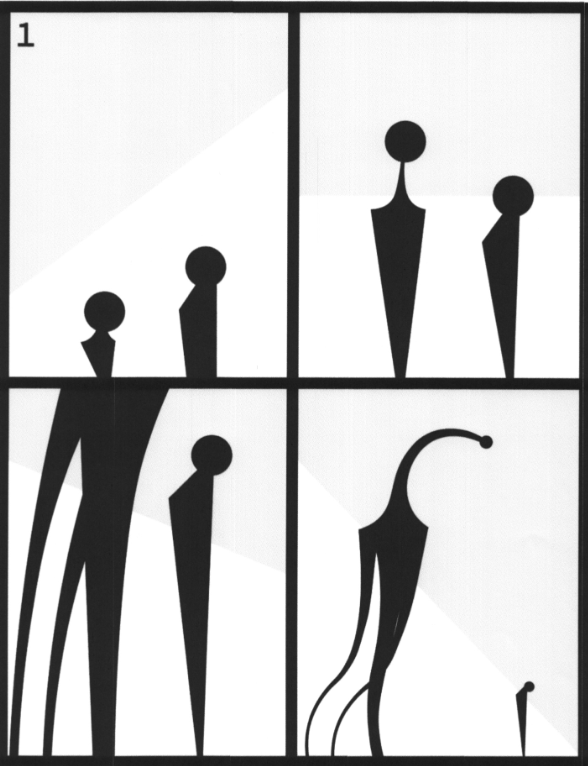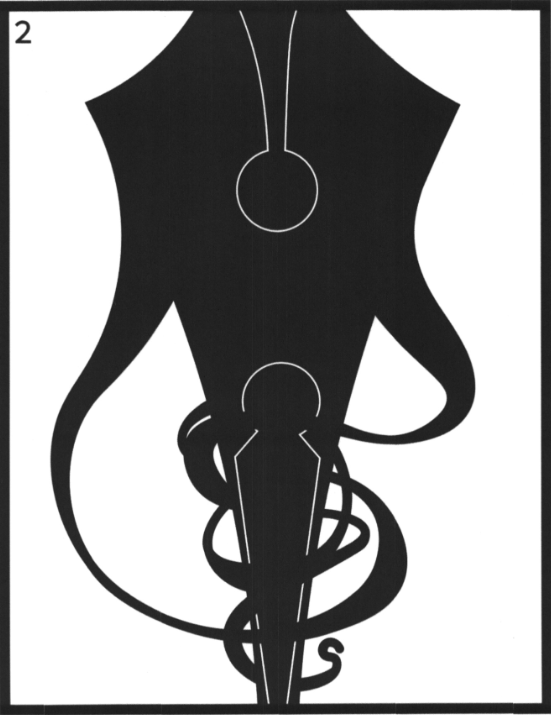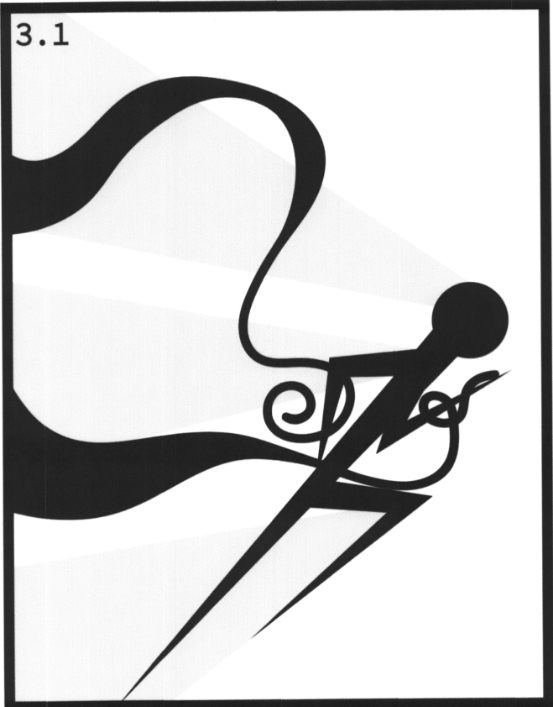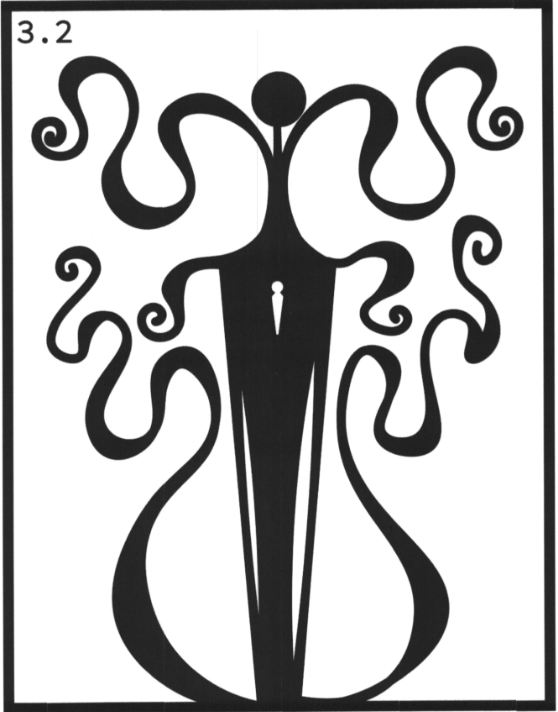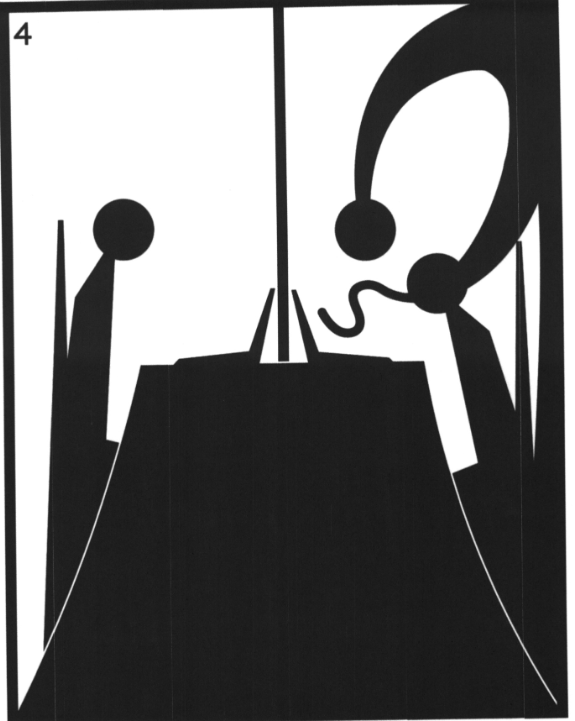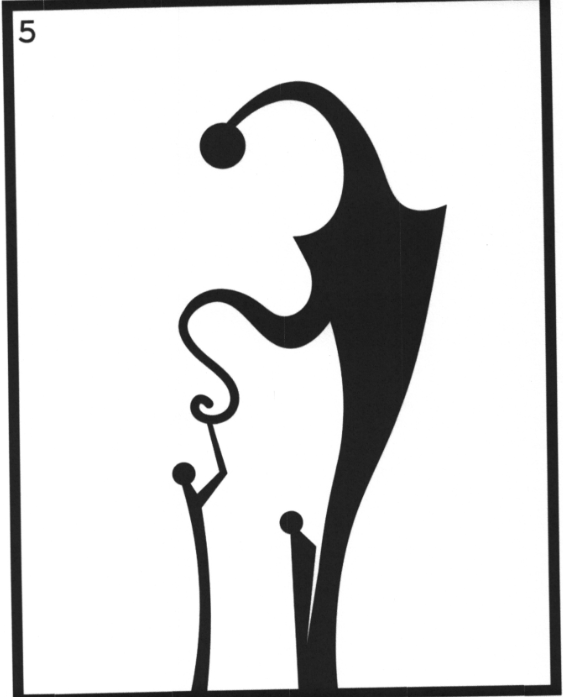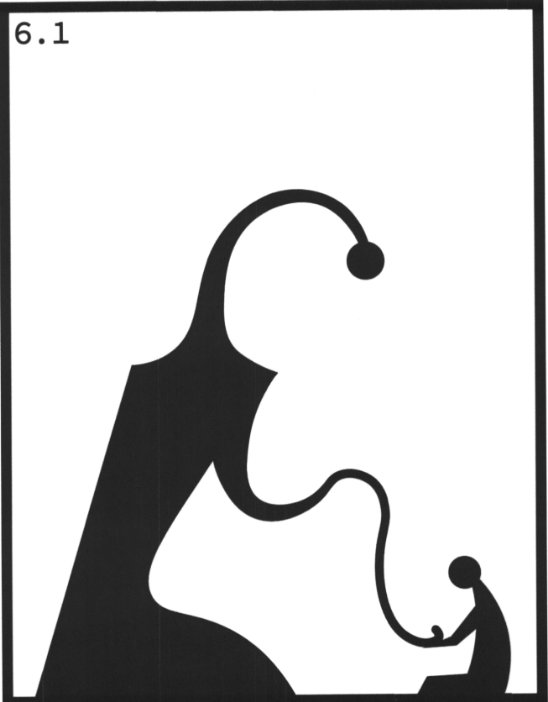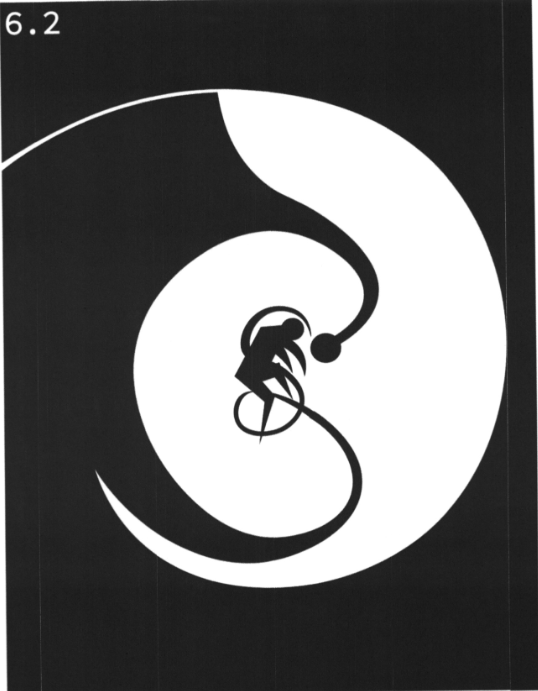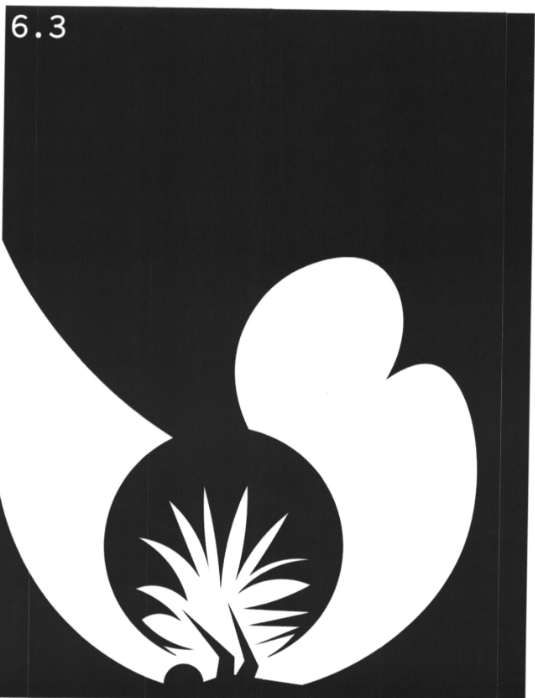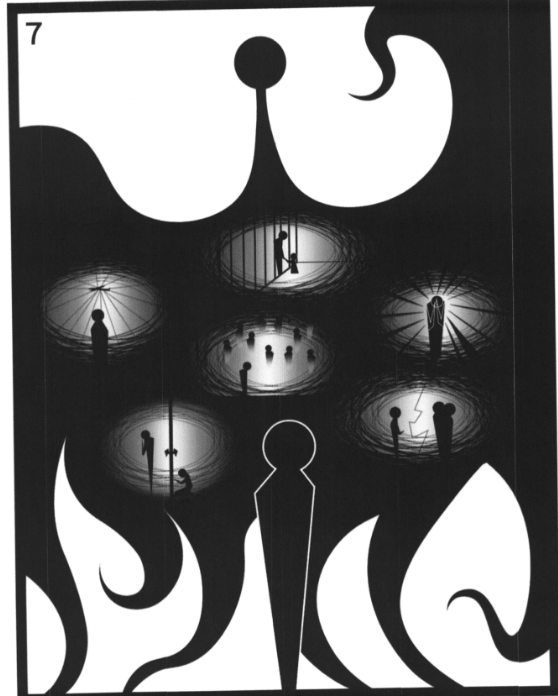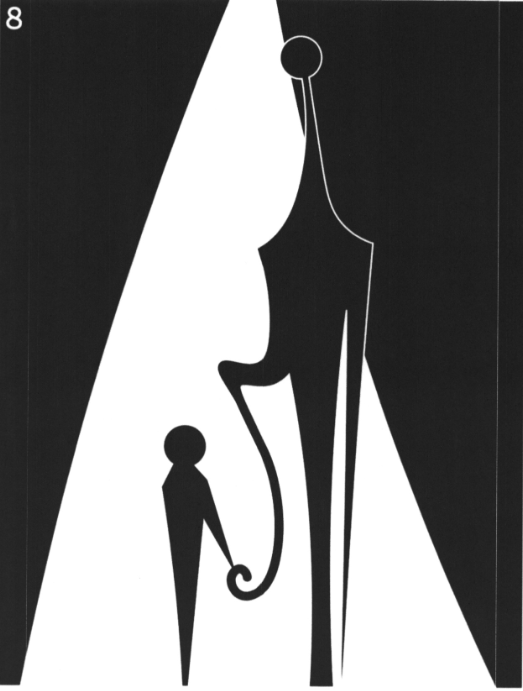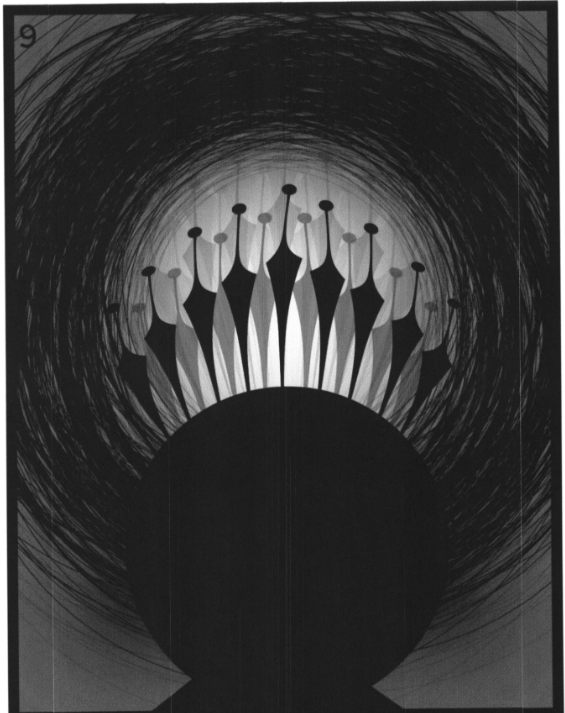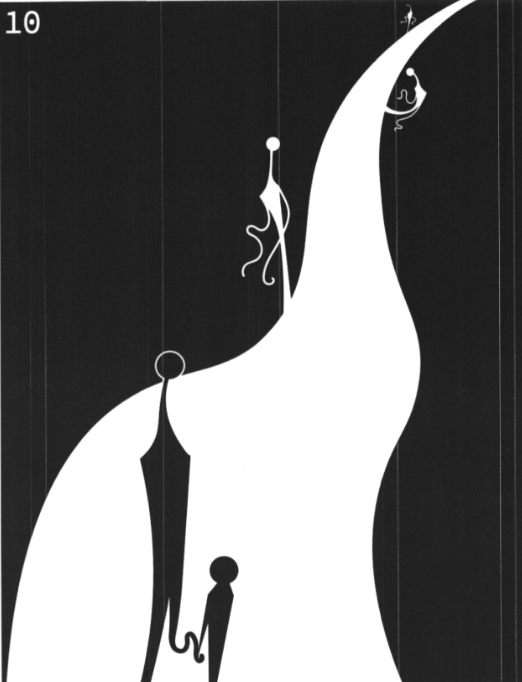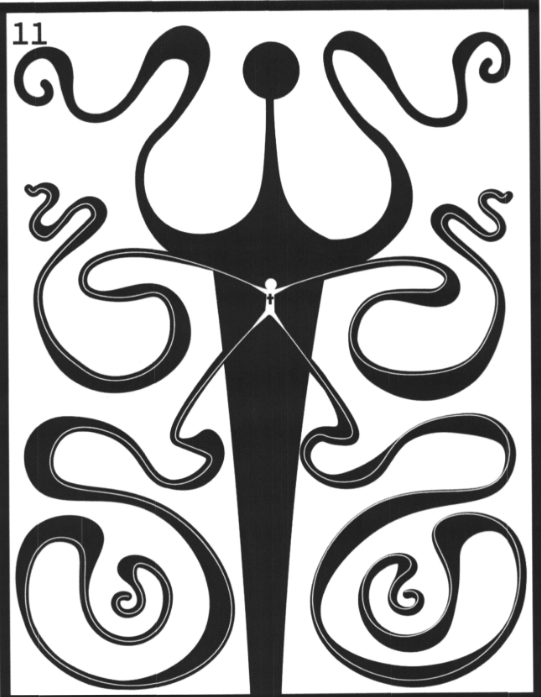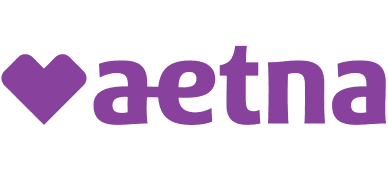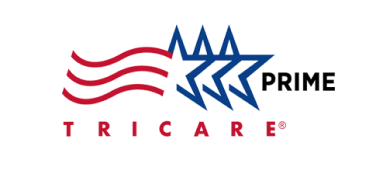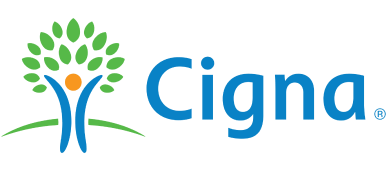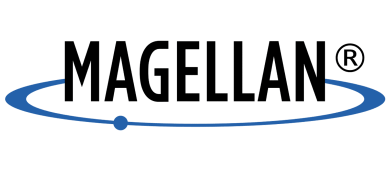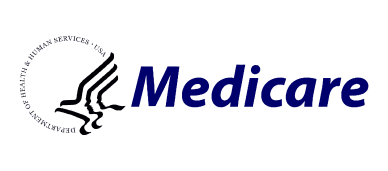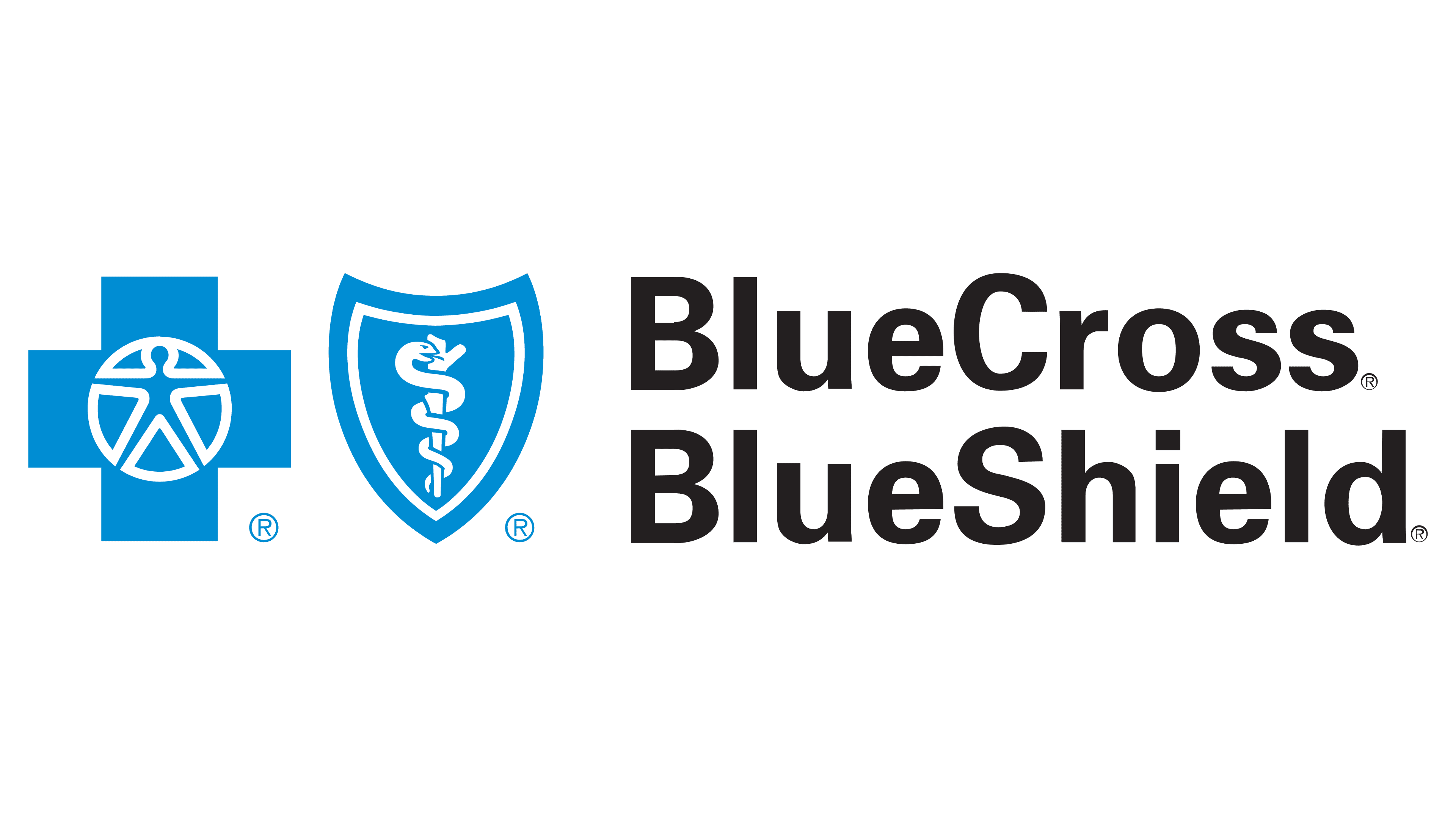Dr. Abdallah and his staff are phenomenal. The girls in the front office are so sweet, accommodating, and efficient. Dr. Abdallah?! There isn’t enough room here to say how amazing he is and how he has pretty much saved & changed my life!
Synergy Mental Health & Wellness: Premier Psychiatric Services Synergy Mental Health and Wellness Integrated
Synergy Mental Health & Wellness: Premier Psychiatric Services Synergy Mental Health and Wellness Integrated
Our Credentials
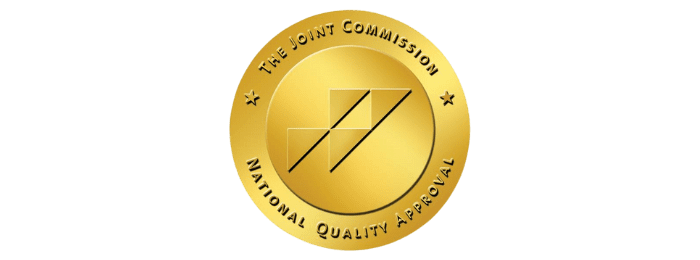

Primary Headquarters in Arizona and Beyond: Unlocking Complete Mental Wellness Through Holistic Psychiatry
From expert psychiatric support to manage and alleviate psychiatric disorders to nurturing mental well-being, alongside comprehensive primary care services and more, our all-encompassing integrative care model is created with you in mind. At Synergy Mental Health and Wellness Integrated, our commitment is crafting personalized care that offers patients a unique pathway to optimal wellness based on the individual and not the illness. Whether navigating conditions like borderline personality disorder, anger, worry, depression, PTSD, narcissistic personality disorder, or physical sickness, headaches, disordered eating, and other health conditions requiring lab work, tests and physical evaluations – our mission is to simplify your path to holistic wellness, addressing both your mental and physical health needs.

Advanced Psychiatric Care
Explore innovative treatments like TMS and Ketamine for treatment resistant depression, alongside traditional psychiatry, and primary care services. Enchance your mental health with a range of tools, options, and resources all under one roof.



Virtual Care, Real Results: Tele-Health Excellence
Embracing the digital era, Synergy Mental Health and Wellness Integrated takes pride in our state-of-the-art Tele-Health and Tele-Psych services. Serving all of Arizona virtually, we’ve made high-quality psychiatric and primary care, led by professional mental health therapists and primary care providers, more accessible than ever. No matter where you reside in our beautiful state, our team is dedicated to ensuring you receive the compassionate support you deserve, right from the comfort of your home.
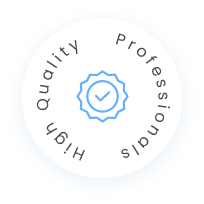
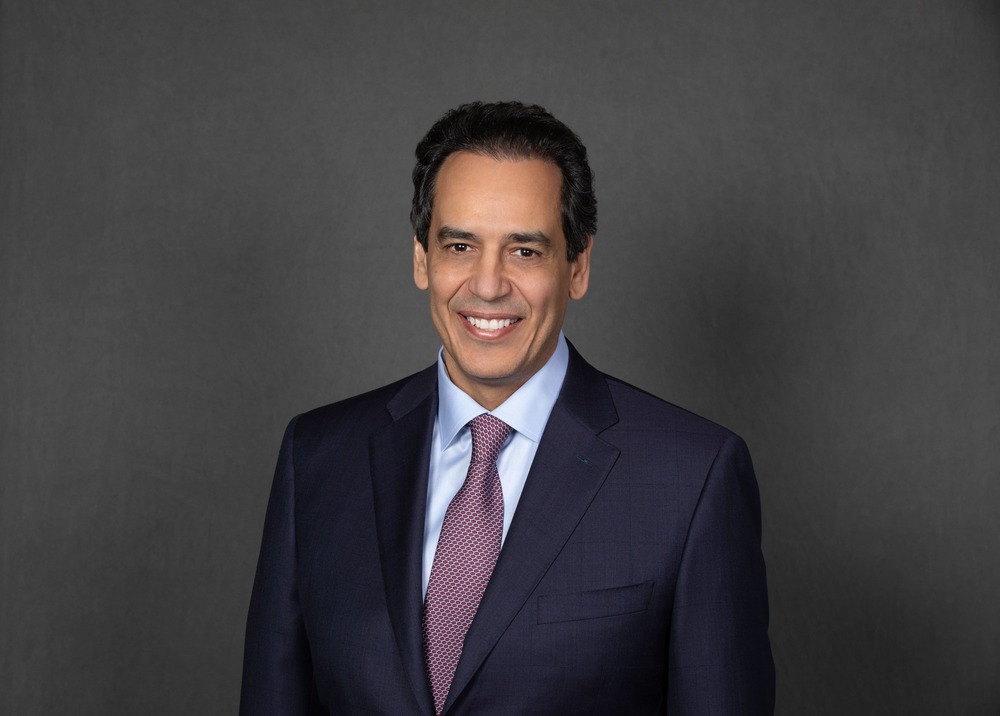
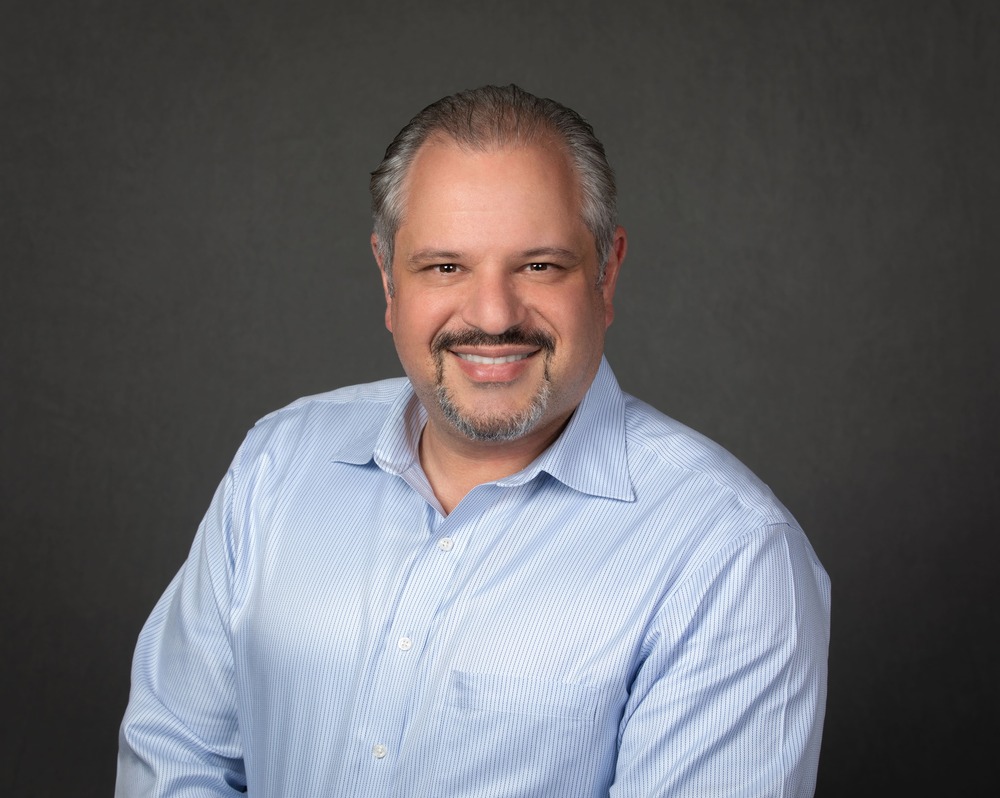
Comprehensive Psychiatric and Primary Care Services Across Arizona
Meet our diverse team of experts, led by Dr. Roland Segal and
Dr. Ehab Abdallah, catering to various age groups and conditions, offering support for substance abuse, mental health, and primary care needs.

Embrace Total Wellness: Beyond Psychiatry
Discover more than conventional psychiatry at Synergy Mental Health and Wellness Integrated. We are committed to offering integrative care merging psychiatric and mental health care alongside primary health services. Brighter days lie ahead as we navigate mental health complexities, such as personality disorders, PTSD, depression, and anxiety alongside an integrative care model with primary care services such as important lab work, tests and physical evaluations that illuminates the way to a more complete well-being of the entire person. Benefit from insurance coverage, evidence-based therapies, thorough assessments, and personalized treatment plans designed uniquely for you. Experience the impact of a comprehensive approach on your journey to total health.

Health insurance
Evidence-Based Therapies
Comprehensive Assessment and Personalized Treatment Plans

Holistic Approach
Evidence-Based Therapies

Health insurance

Holistic Approach
Comprehensive Assessment and Personalized Treatment Plans

Holistic Approach
Comprehensive Assessment and Personalized Treatment Plans
Evidence-Based Therapies

Health insurance
Your Trusted Team for Integrated Primary and Mental Health Care in Arizona
Experience complete wellness with Primary Care and Comprehensive Mental Health Services, All Under One Roof—Synergy Mental Health and Wellness Integrated, Where Your Entire Well-Being is our Priority, Every Step of the Way.





Our Values
These values guide our practice’s approach to care, creating a nurturing environment where patients can find hope, healing, and the support they need to lead fulfilling lives


Compassion
We approach every individual with empathy, kindness, and understanding. We recognize that seeking psychiatric care can be a vulnerable and courageous step, and we treat each person with the utmost respect and dignity. Our compassionate care creates a safe and supportive environment for healing and growth.


Collaboration
We believe in the power of teamwork and interdisciplinary collaboration. Our diverse team of experts works together to develop comprehensive and personalized treatment plans. We actively involve patients in decision-making and collaborate with other healthcare providers to offer integrated care.


Integrity
We are committed to upholding the highest ethical standards, transparency, and professionalism. Honesty and trustworthiness are at the core of our interactions with patients, their families, and our colleagues. We maintain confidentiality and ensure the privacy of sensitive information.


Empowerment
We empower individuals to take an active role in their mental health journey. Our aim is to equip patients with tools and strategies that promote long-term well-being and resilience.


Excellence
We continuously strive for excellence in our clinical services, research endeavors, and patient outcomes. Staying at the forefront of advancements in psychiatric care enables us to deliver the best possible treatments and interventions.
Hear What Our Patients Have to Say About Us
From individuals and families seeking support for child psychiatry to geriatric psychiatry, specialized primary care and comprehensive mental health treatment, hear how our team is transforming numerous lives and helping others overcome physical illness, depression, anxiety, narcissistic personality disorder, borderline personality disorder, PTSD and more. Your path to whole person wellness starts here!



